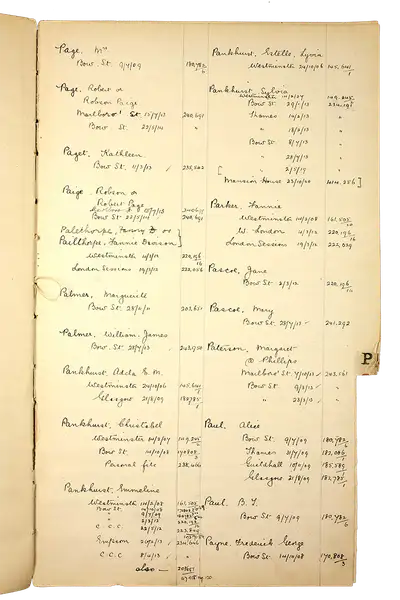Record revealed
List of suffragettes arrested from 1906–1914
More than a thousand people who supported women’s right to vote were arrested for their activism. This document records who they were and the date and location of each arrest – and includes some famous names.
Images
Image 1 of 5

Front cover of the index of suffragettes arrested between 1906 and 1914.
Image 2 of 5

The first page of the 'P' section lists well known suffragette leaders such as Emmeline Pankhurst, as well as her daughters, Adela, Christabel and Sylvia.
Image 3 of 5

The entry for George Lansbury, one of the many male supporters of women’s suffrage. In the 1930s he became Leader of the Labour Party.
Image 4 of 5

Many campaigners used an alias to evade the authorities or to protect their families. Jane Warton was actually Lady Constance Lytton, a member of the aristocracy.
Image 5 of 5

Three of the numerous entries for campaigners the authorities could not identify and simply recorded as ‘unknown’.
Why this record matters
- Date
- 1914–1935
- Catalogue reference
- HO 45/24665
Until 1918, women were not able to vote in general elections. Many people, both men and women, campaigned for women’s suffrage and some of them were arrested in the process. The Home Office created a card index of those arrested, and in 1922 this was turned into the bound document we have today. It contains the names of 1224 women and 109 men.
The Home Office used this index to trace suffrage supporters. At the outbreak of the First World War, when many suffrage groups suspended their campaigns, the index made it easier for the Government to give an amnesty that released suffrage campaigners from prison.
Today, the index is the best way to look for individual campaigners whose activity put them on the wrong side of the law. Each entry includes a reference to original documents about the person’s arrest and conviction, and those papers – where they survive – can be found within our collection.
Related galleries
Featured articles
The story of
Emmeline Pankhurst
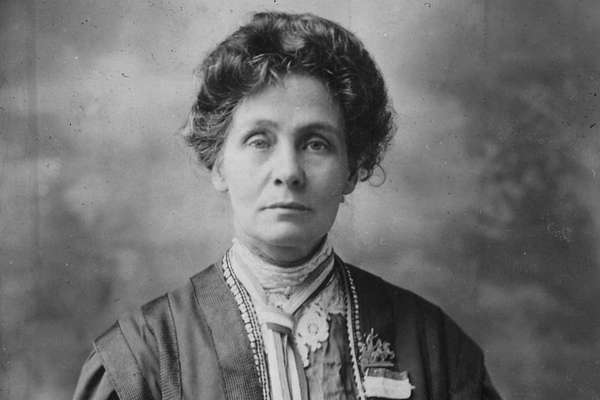
Emmeline Pankhurst (1858–1928) was a tireless political activist, who led the WSPU – the militant faction of the movement for women’s suffrage.
Blogs and podcasts
-
Podcast
Reform – Violence and the struggle for suffrage
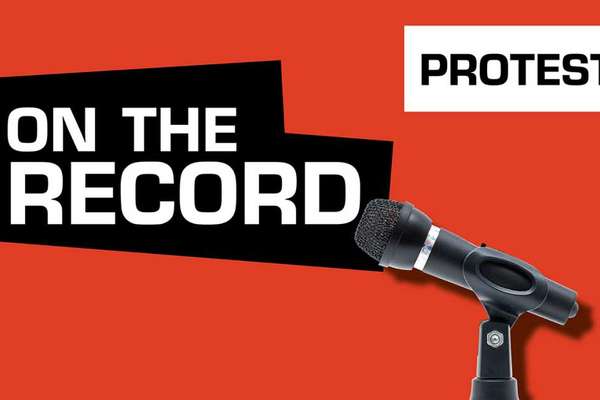
In this podcast, we explore how a lesser-known male suffrage movement called Chartism advanced the suffrage agenda and may have affected the militant tactics of the women’s suffrage activists.
-
Blog
Suffragettes, 1912: ‘Rather broken windows than broken promises’
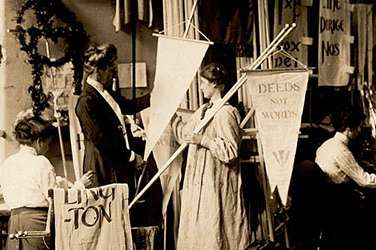
On 1 March it was said that around 150 women smashed windows simultaneously across the capital – on only day one of a campaign. This blog investigates.
-
Podcast
Did militancy help or hinder the fight for the franchise?
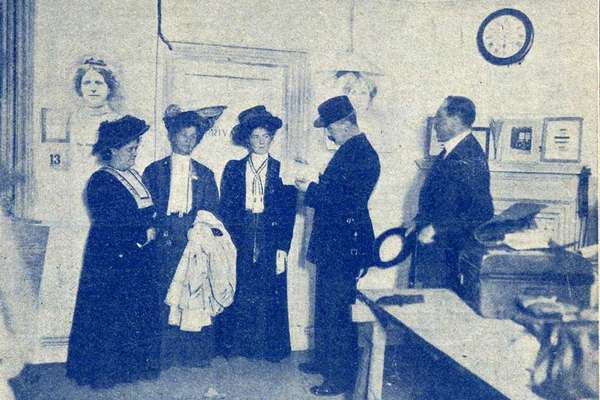
By 1912, Suffragette militancy hit its peak, with regular arson attacks, window-smashing campaigns and targeting of MPs’ houses. This podcast examines its impact.
